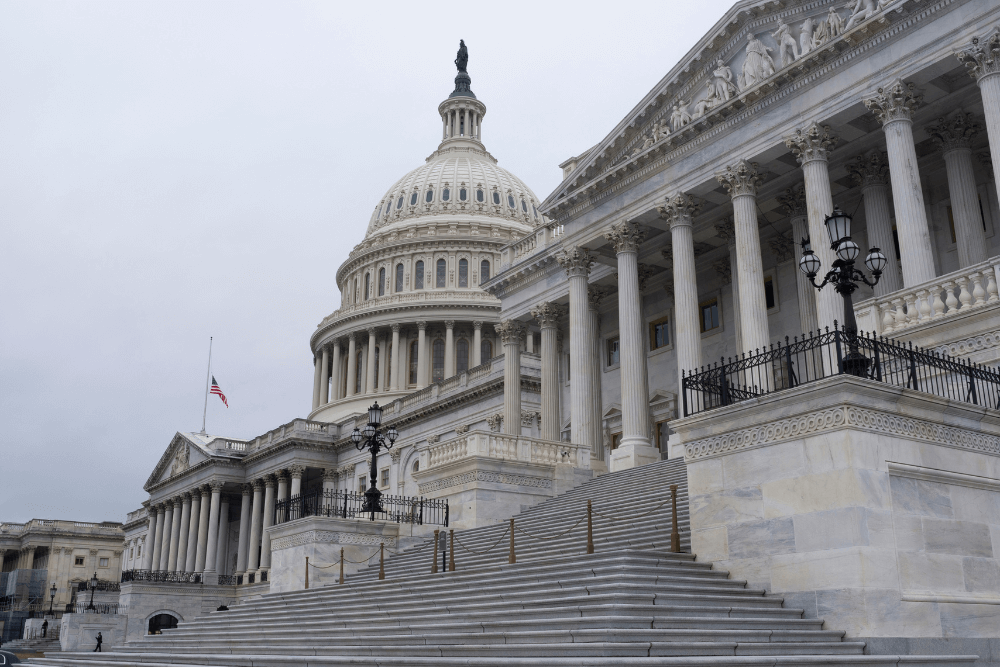NCIA (and myself personally!) have been talking about the SAFE Banking Act for years.
After the Senate Banking Committee’s hearing on the topic of financial services and the cannabis industry in May, it became clear that in order for the bill to continue on in the legislative process and receive a markup that changes to a few sections needed to be made.
As a result, a slightly new (and improved?) version of the bill was introduced as the SAFER (S. 2860: Secure and Fair Enforcement Regulation) Banking Act last month. Most of the changes in the bill pertained to Section 10, which bars federal banking regulators from taking discriminatory enforcement action against any industry (not just cannabis).
Once SAFER was formally introduced, the Senate Banking Committee announced that a markup was scheduled for September 27. It’s important to note that this was the first time ever that a Senate committee held a markup on a pro-cannabis bill.
During the markup session, multiple amendments were offered. The first, offered by Chairman Brown (D-OH) was what’s known as a “manager’s amendment” and primarily made technical changes to the bill. That amendment also made changes so that the Treasury secretary would be given one year (instead of 180 days) to issue updated guidance to financial institutions that work with cannabis businesses that was first released during the Obama administration in 2014. It also stipulated that federal home loan banks are now included under a list of financial institutions that would be protected from being penalized by federal regulators simply for working with state-legal cannabis businesses.
Another amendment, from Sen. Warnock (D-GA) would have created a 5-year sunset for the legislation unless a report from the Treasury Department certified that it had decreased the racial wealth gap and ameliorated other negative economic impacts of the war on drugs. This amendment ultimately failed.
Additionally, amendments from Senators Hagerty (R-TN), Rounds (R-SD), Crapo (R-ID) were also offered but were ruled out of order, withdrawn, and failed, respectively.
Republican members of the committee voiced concern that the bill allowed for financial institutes to utilize reputational risk to de-bank certain accounts they do not align with ideologically and argued that no financial regulator should be able to pressure any financial entity to refuse to provide service to a lawful entity.
Some Democrat members, particularly Sen. Warnock (D-GA), voiced concern that the bill does not adequately address the disproportionate impacts of marijuana criminalization and its exacerbation of the racial wealth gap in the United States. Other members of the committee encouraged amendments and future legislation intended to improve the quality of life for those most negatively impacted by marijuana criminalization in addition to creating safer conditions for banks and other financial institutions. Sen. Warnock was the lone Democrat who voted “No” on the bill during the markup.
Ultimately, the bill passed out of the committee markup by a bipartisan vote of 14-9. This sets the stage for a full Senate floor vote, which Majority Leader Schumer (D-NY) has committed to scheduling as soon as possible, with the possibility of adding the HOPE and GRAM Acts to the bill before passage.
I don’t know about you, but I’m not done making history yet! Stay tuned for the latest on the SAFER Banking Act and how you can help get the bill passed!



Follow NCIA
Newsletter
Facebook
Twitter
LinkedIn
Instagram
–